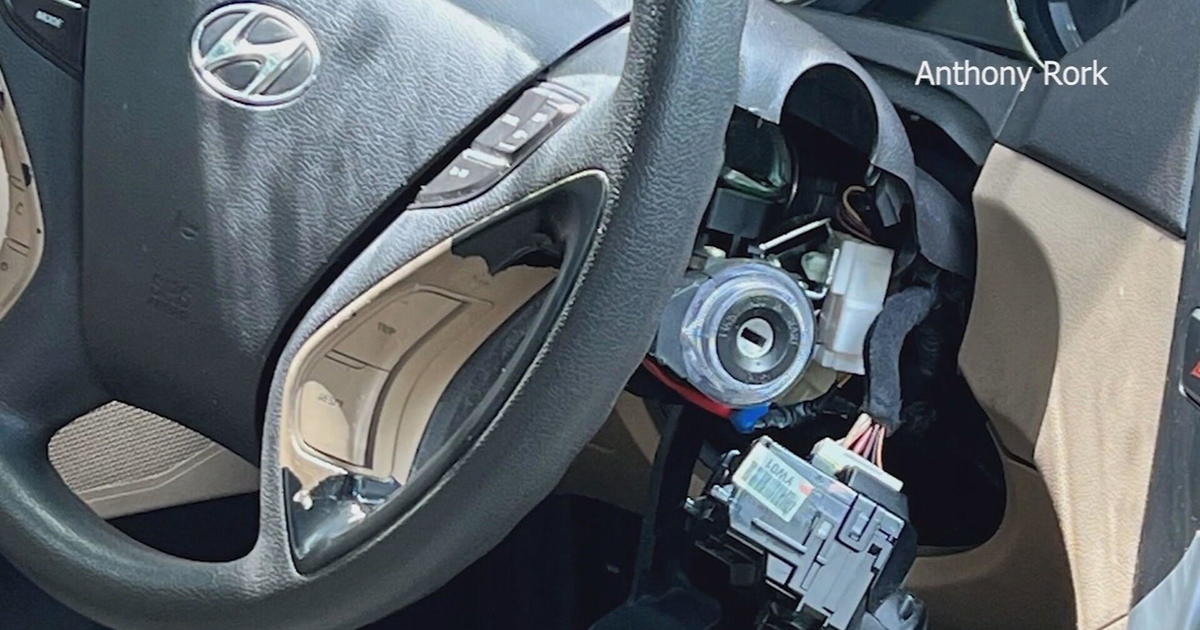A social media trend, dubbed the “Kia Challenge,” has appeared to compound the automakers’ problems in recent years, with people posting videos showing how to steal Hyundai and Kia cars. At its height, the Kia Challenge was linked to at least 14 reported crashes and eight fatalities, according to figures from the National Highway Traffic Safety Administration.
About 9 million vehicles have been impacted by the rash of thefts, including Hyundai Elantras and Sonatas as well as Kia Fortes and Souls. Hyundai and Kia earlier this year agreed to pay $200 million to settle a class-action lawsuit filed by drivers who had their vehicles stolen.
Technology is helping foil car thieves making life miserable for owners of Hyundai and Kia vehicles.
Hyundai and Kia upgraded their cars’ anti-theft tech in early 2023. Vehicles equipped with the enhanced software will only start if the owner’s key, or an identical duplicate, is in the ignition.
The rate at which the Korean automakers’ cars are stolen has fallen by more than half since the companies upgraded their anti-theft software, according to new research from the Highway Loss Data Institute (HLDI). Hyundai and Kia thefts have soared in recent years after criminals discovered that certain car models lacked engine immobilizers — technology that has long been standard in other vehicles.



“Hyundai and Kia aren’t alone in this high-tech fight. The same resellers offer console-like devices that can brute force key combinations for modern Infiniti, Lexus, Mercedes-Benz, Mitsubishi, Nissan, Subaru and Toyota vehicles, among other makes not sold in the U.S.”
Didn’t even see that part in the article that’s concerning. Maybe not all manufacturers but a lot of them need to step their security up then.
There really isn’t a way to realistically shield against relay attacks. Most people say “just go back go physical keys”, but those are even less secure.
Phone-as-key and keycard systems are vulnerable in the same way.